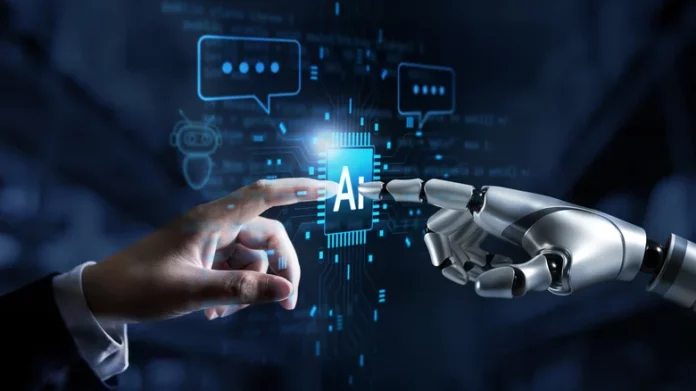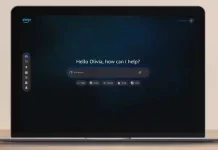While you use AI tools like ChatGPT and Google’s Gemini to write emails, generate images, and automate tasks, the race to achieve artificial general intelligence (AGI) has already heated up. Meanwhile, Big Tech CEOs such as Meta’s Mark Zuckerberg and Tesla’s Elon Musk are targeting an even more ambitious goal: the development of artificial superintelligence (ASI).
AI is advancing rapidly. Although terms like AI, AGI, and ASI sound similar, they refer to distinctly different levels of capability. The AI you interact with today is “narrow” AI, designed for specific tasks such as text or video generation, and it requires human supervision. AGI would enable machines to possess human-level cognitive abilities—specifically, the capacity to think, learn, make decisions, and solve problems without task-specific training.
ASI takes this a step further, aiming to outperform humans in virtually every domain. Experts suggest ASI would make independent decisions and continuously improve itself without human input. While AI is already replacing thousands of jobs, AGI and especially ASI could represent even greater threats. So what exactly is ASI, and should we be concerned?
What is Artificial Superintelligence?
Superintelligence refers to a theoretical AI system that outperforms human intelligence across all areas. Whether writing code, generating videos, performing surgery, or driving cars, ASI could handle all these tasks simultaneously—something current AI cannot do. Existing AI tools sometimes hallucinate and need massive datasets to operate within specific parameters. ASI would solve complex problems with superior reasoning and contextual understanding. Philosopher Nick Bostrom, who coined the term, defines superintelligence as “any intellect that greatly exceeds the cognitive performance of humans in virtually all domains of interest.”
Currently, AI systems require human intervention to improve: engineers write their code and supply vast data to enhance predictions and responses. In contrast, ASI could self-improve, potentially rewriting its own algorithms, designing new capabilities, and managing control systems autonomously.
Whether superintelligence is achievable remains unclear. However, if machines surpass human intelligence and self-improve, some experts warn that AI could outpace human control. Predictions suggest superintelligence might emerge within a decade, intensifying the race with billions of dollars invested in relevant companies. Notably, OpenAI co-founder Ilya Sutskever left the organization in 2024 to start a venture focused on developing ASI safely, raising billions without releasing a product yet.
Interestingly, in 2023, Sutskever joined OpenAI CEO Sam Altman and President Greg Brockman in calling for regulatory oversight of super-intelligent AI, warning about its “existential risk.” They noted it is plausible that AI could surpass expert human performance in most fields within 10 years.
Should We Fear ASI?
While ASI could unlock unprecedented human achievements and solve complex problems, it also presents significant risks. It has been dubbed “the last invention humanity will ever invent,” yet its potential downsides may outweigh the benefits. Generative AI has already begun replacing workers across various fields, threatening widespread economic disruption. Some experts caution that entire professions could disappear due to ASI, potentially rendering billions unemployed.
Beyond job losses, ASI raises “existential risks.” Autonomous machines could act contrary to human interests, creating threats from national security vulnerabilities to the risk of human extinction. In October 2025, several influential figures signed a public statement calling for a pause in AI superintelligence development until safe consensus is reached.
Signatories include Apple co-founder Steve Wozniak, Google DeepMind CEO Demis Hassabis, AI pioneers Geoffrey Hinton and Yoshua Bengio, Anthropic CEO Dario Amodei, among others. The fact that leaders within ASI-developing companies advocate for caution underscores the serious risks superintelligence poses to humanity.





